Nature reports
Publisher: Netherlands Institute of Ecology (NIOO-KNAW)
Page 1 of 4 - 39 Results
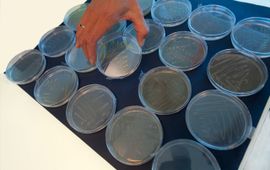
From insignificant individual cells to a rich community full of cooperation. That is how our understanding of the world of microscopic organisms has developed. This 'microbiome' has an enormous impact on the environment...
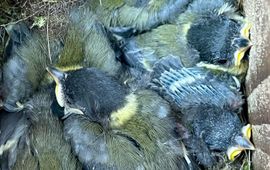
Great tits can't complain about a lack of attention. NIOO has hung nearly two thousand nesting boxes for this 'model species'. For seven decades researchers have been following these songbirds. This makes it the longest-running..
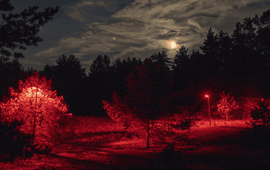
Since 2012, the Netherlands Institute of Ecology (NIOO-KNAW) has been conducting research into the effect of artificial light at night on our natural environment. For this research – Light on Nature – streetlights have been..
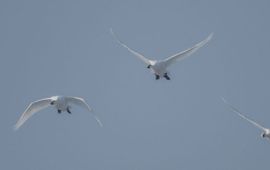
As climate change drives earlier spring conditions in the Arctic, birds species that travel there to breed are under pressure to migrate faster. Despite their remarkable ability to adapt, researchers warn that speeding up spring..

Can animal populations adapt to climate change by becoming genetically similar to more southerly populations? That is the question posed by ecologist Natalie van Dis. This knowledge could indicate which populations are most at..
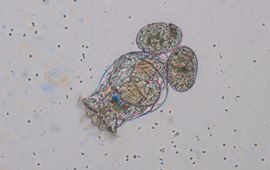
Small aquatic organisms called rotifers have been found to also become tolerant to copper pollution after adapting to rising temperatures. Interestingly, the reverse is not true. An evolutionary experiment led by the Netherlands..
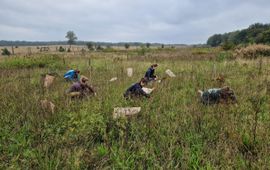
For a long time, the soil was the domain of chemistry and physics. This only changed forty years ago. Today, the soil has become a large and indispensable field of research. The Netherlands Institute of Ecology (NIOO-KNAW) has..
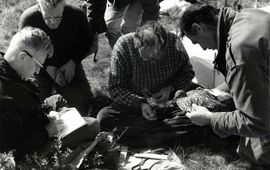
Ringing of wild birds has become indispensable as a research method to track individual birds. Since 1911, some 16 million birds have been fitted with a metal ring in the Netherlands. What has that brought in terms of knowledge,..
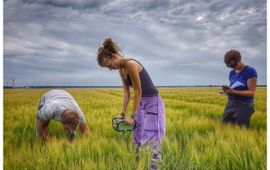
The less intensively you till the soil, the better the soil can function. Such as not ploughing as often or using more grass-clover mixtures as cover crops. These are the conclusions from a research team led by the Netherlands..
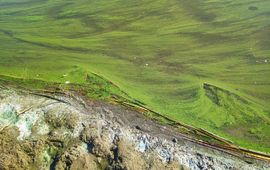
Every summer there they are again, blue-green algae. Why are they a problem, are they getting worse with climate change and what can we do about them? These are questions that over the past few years the Netherlands Institute of..
